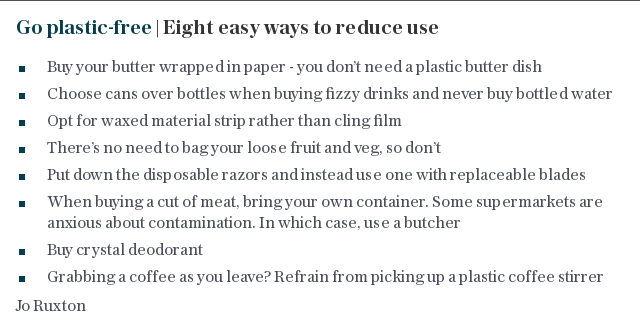Ocean plastic now polluting shipwrecks and desecrating war graves of servicemen lost at sea, warn divers

Plastic pollution is now choking up historical shipwrecks and desecrating the war graves of servicemen lost at sea, divers have warned.
Specialists from the Marine Archaeology Sea Trust (MAST) are currently carrying out ongoing excavations and recover from the wreck of HMS Invincible, which sank in the English Channel in 1758.
But marine archaeologist Kevin Stratford said the team were forced to pick through piles of rubbish accumulating on the stricken ship, and warned that dozens of wrecks were now littered with refuse, including those still containing the bodies of fallen sailors.
“Shipwrecks in the English Channel have every kind of human waste,” he said. “Until the early 90s you could drop anything you wanted to in the sea and so, over the years, the rubbish just built up.
“Shipwrecks act like a reef, trapping the rubbish and acting as an accumulation point for plastics, cans, clothing, paints, glue, carpets, fishing gear. You name it, it’s down there.
“The majority of shipwrecks don’t have human remains, but in the wrecks of World War One and Two ships bodies ended up sealed inside so you will have rubbish accumulating there too.
“You wouldn’t go to a graveyard and dump rubbish there or Stonehenge but nobody can see the impact underwater.”

HMS Invincible, which was launched in 1744, sank when its when its rudder jammed and it ran aground on a sandbank between Langstone Harbour and the Isle of Wight. It capsized three days later but all the crew escaped before it went under.
Mr Stratford said since the site was last dived on in the 1980s, it had filled up with decades of plastic waste.
And he warned the floating refuse could prevent wildlife from colonising wrecks, which have become a haven for many species.
"Shipwrecks themselves are a form of pollution - they aren't meant to be there, but they do act as a haven for fish and wildlife," he added.
"But material slowly breaks down in the wrecks and likely pollutes much of the marine life inhabiting them.
"The diving community has long been involved in cleaning up our oceans as we are the people who get to see the high level of pollutants first hand."

According to Greenpeace an estimated 12 million tonnes of plastic is entering our the world’s seas every year, a truckload every minute and left unchecked, plastic will outweigh fish by 2050.
Around 80 per cent of marine plastic waste was originally lost or discarded on land before washing out to sea, where it breaks down into microplastics which are mistaken for plankton by fish, seabirds and mammals.
A recent study estimated that nine in 10 of the world’s seabirds have pieces of plastic in their guts and it has been shown that the average seafood eating European ingests 11,000 pieces of microplastic every year.

 Yahoo News
Yahoo News 
